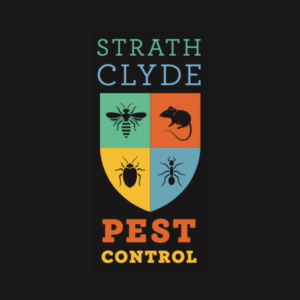
Pest Control Services We Offer
We offer safe, professional solutions for all common pest problems, including rodents, insects, and birds. Our methods are effective, discreet, and tailored to your specific needs. This is by no means an exhaustive list of the pests we control, so if you need help with something not mentioned in these pages, please contact us directly!
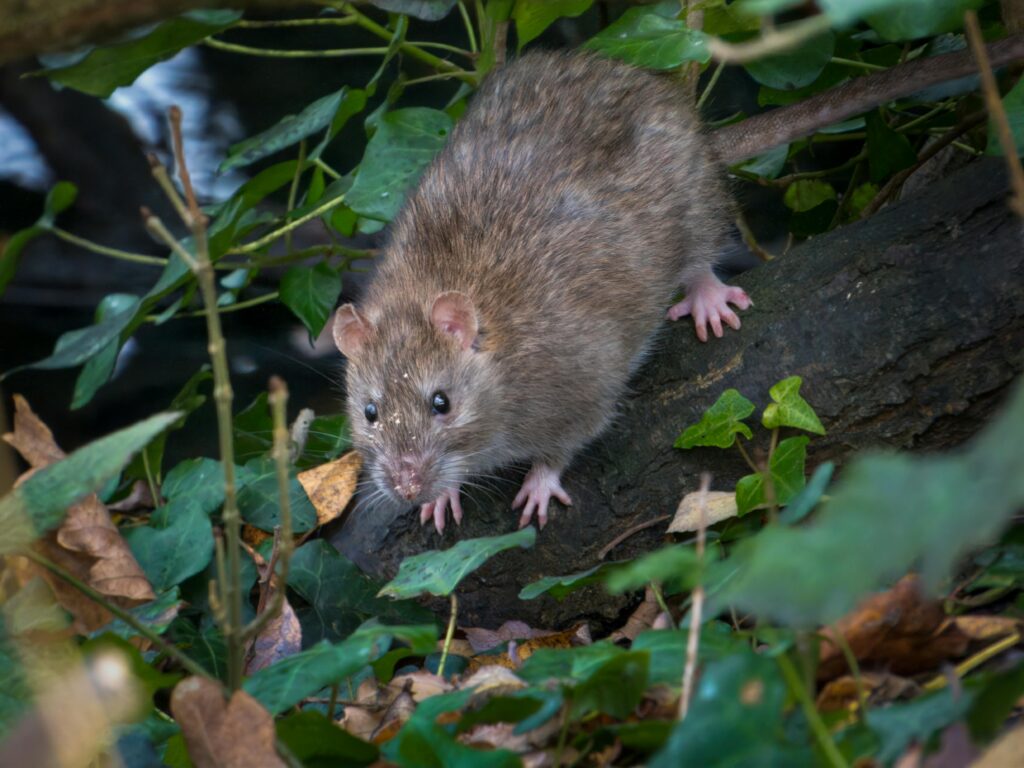
Rat & Mice Control
Our rodent control services include identification, removal, and proofing. We use humane traps, professional baiting, and sealing techniques to prevent re-entry. We also offer a periodic monitoring service for homes and commercial properties.
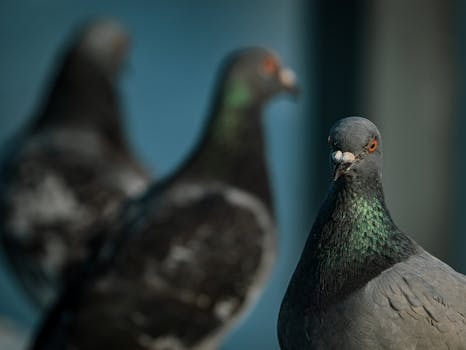
Pigeon & Bird Proofing
Protect your property from bird damage with our comprehensive bird proofing services. We install solar panel guards, bird netting, and spike systems to deter roosting and nesting. Ideal for homes, businesses, and public buildings.
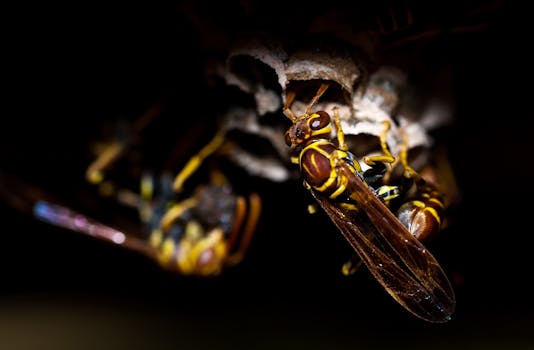
Wasp Nest Removal
Our trained technicians safely locate and remove wasp nests using protective gear and specialist treatments. We ensure complete eradication while minimising disruption to your property.
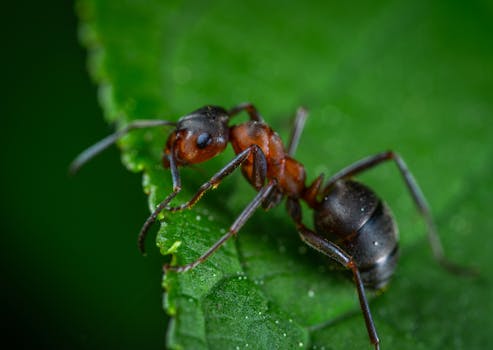
Ant Infestation Treatment
We treat ant infestations at the source with gel baits, residual sprays, and preventative solutions. Fast, effective, and safe for family and pets.
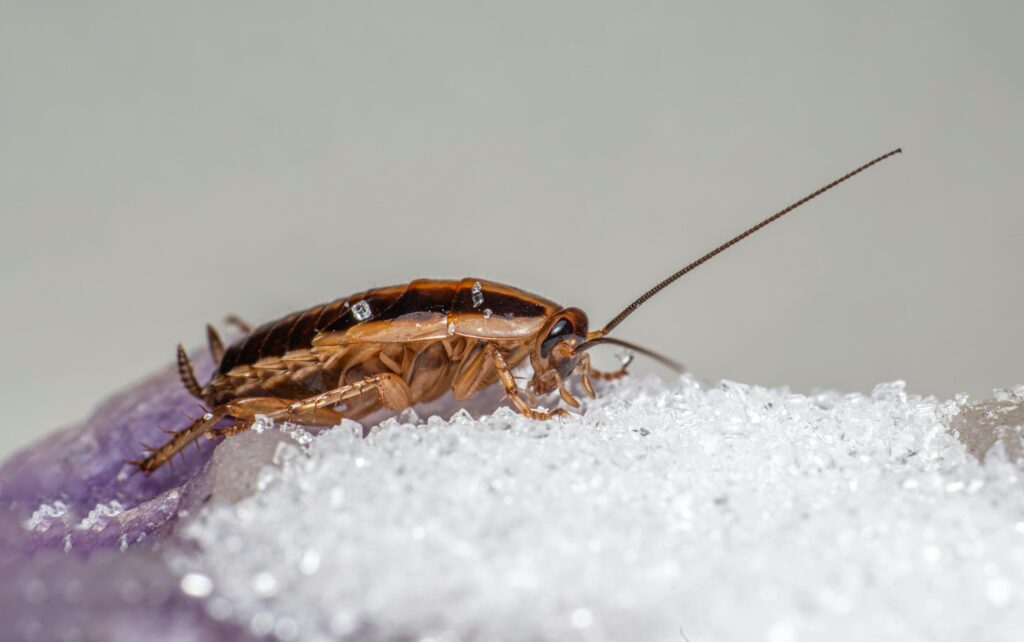
Cockroach Control
Our professional exterminators use targeted baiting and insecticidal sprays to eliminate cockroaches quickly. We also offer follow-up inspections and treatments to ensure full eradication.
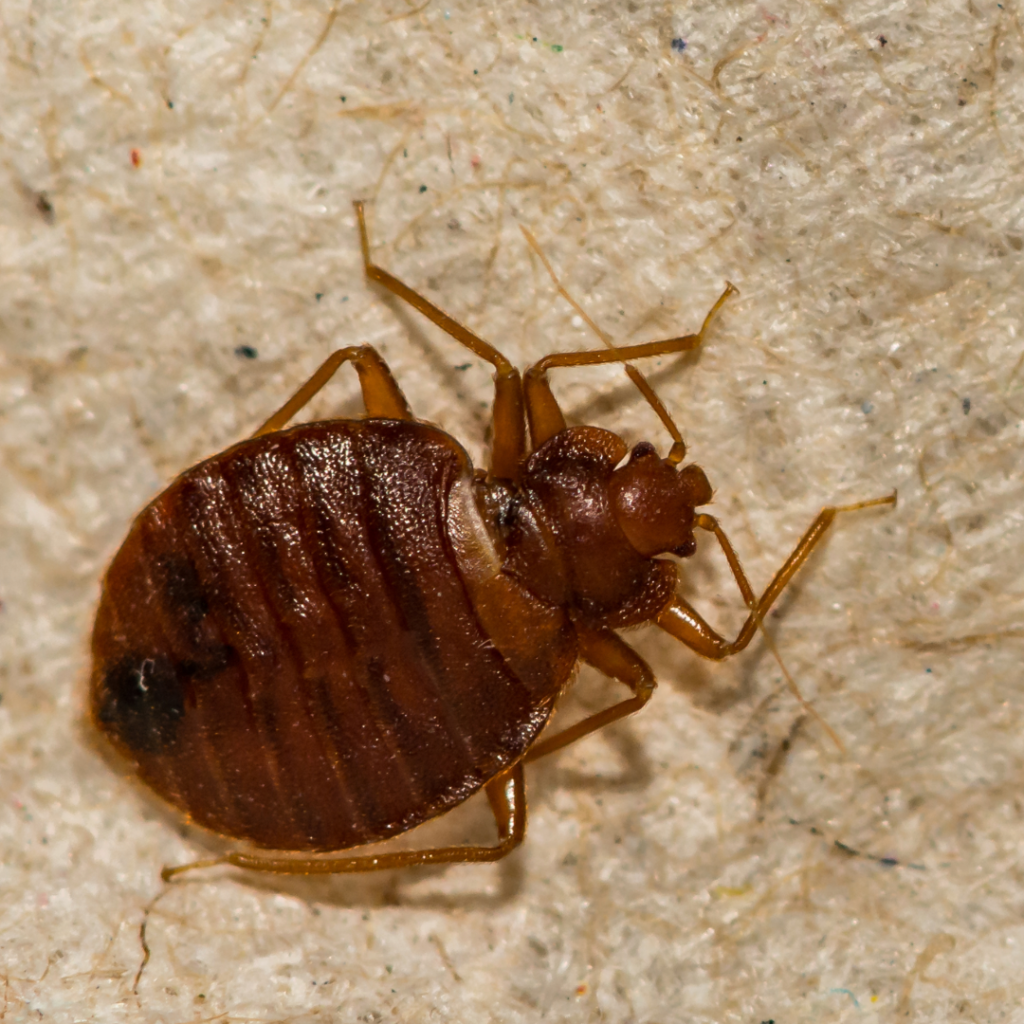
Flea & Bed Bug Removal
Ideal for homes, hotels, and rental properties. Our treatments and professional-grade insecticides eradicate fleas and bed bugs at all life stages. We also offer mattress encasement and follow-up checks.

Beetles & Moths (Stored Product Insects – SPIs)
We treat infestations of flour beetles, grain weevils, clothes moths, and other SPIs using safe insecticides and environmental management techniques. Ideal for homes and food-related businesses.
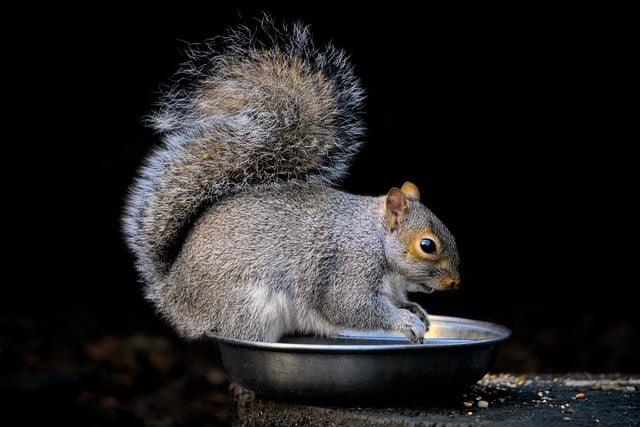
Squirrel Control
Grey squirrels may seem harmless, but they can cause major damage by nesting in lofts, chewing wires, and contaminating insulation. Our squirrel control services include humane trapping, exclusion work, and proofing measures to prevent re-entry. Especially common in suburban and wooded areas.
Is it time for a pest free life?
Our reputation speaks for itself—hundreds of satisfied customers across East Kilbride, Glasgow, and surrounding areas trust us to keep their homes and businesses pest-free.